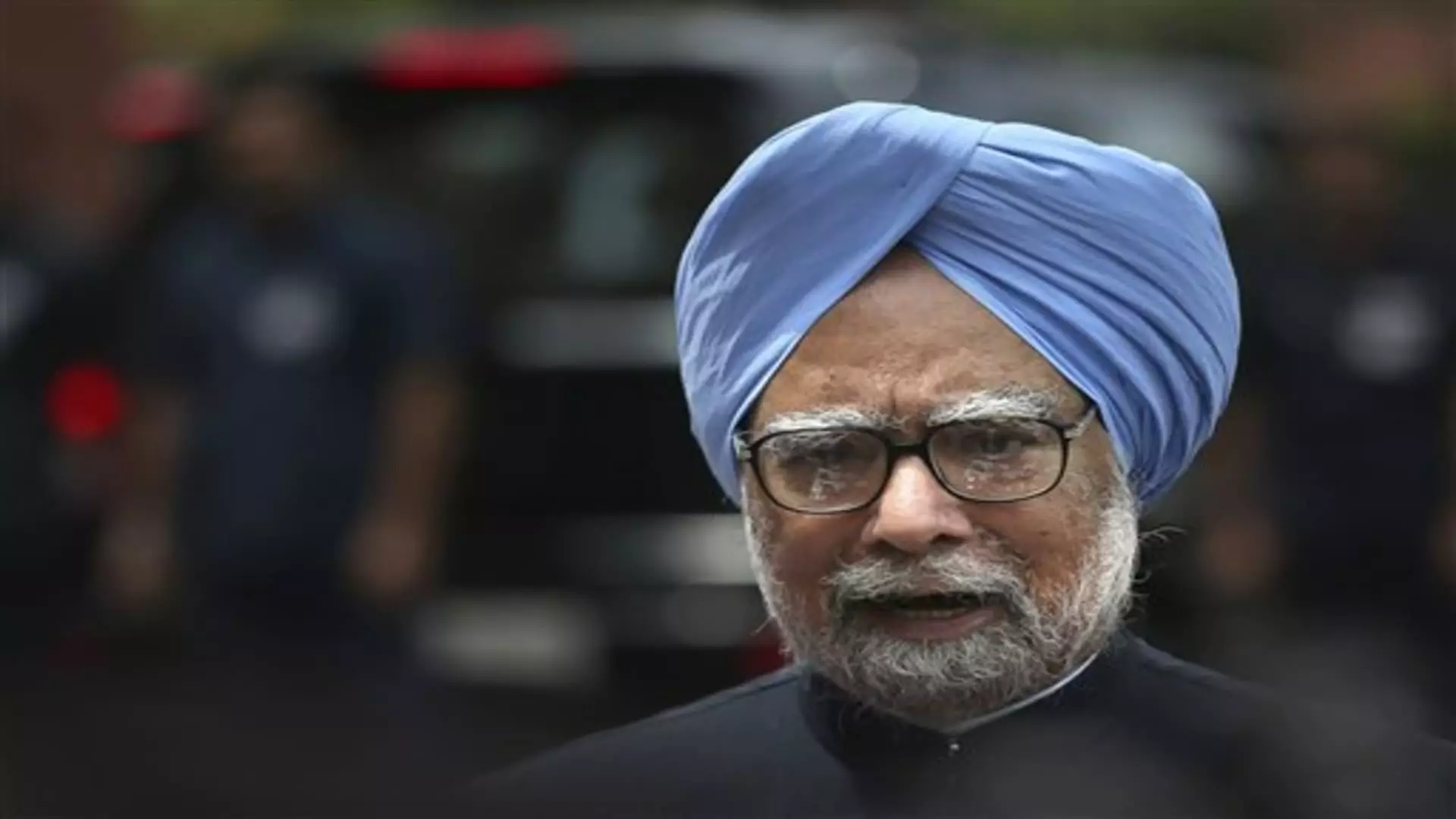Dr. Manmohan Singh, often referred to as a “reluctant king,” remains a significant figure in Indian history, representing a blend of humility, intellect, and resilience. Born in British-controlled India, now part of Pakistan, he emerged from modest beginnings, navigating the complexities of a nation in transformation. Singh, who served as India’s prime minister from 2004 to 2014 during an unprecedented economic boom, was recently acknowledged for his invaluable contributions when he passed away at the age of 92. His departure leaves a profound void, as he was not only a leader but also a symbol of hope for millions grappling with poverty.
Singh’s early life is a testament to the power of determination. He studied under challenging conditions, utilizing candlelight as his only source of illumination to pursue education. His accomplishments led him to prestigious institutions such as Cambridge and Oxford, where he earned his doctorate. This foundation as an economist set him on a course that would position him as the guardian of India’s economic interests during some of its most tumultuous times.
Singh’s entry into politics was as unexpected as his rise to the premiership. Initially appointed as India’s finance minister during a severe economic crisis in the early 1990s, he displayed an acumen for dramatic reforms that would alter the landscape of the Indian economy. His policies during this period laid the groundwork for liberalization, deregulation, and an opening to global markets, enabling India to emerge as a formidable player on the world stage.
He famously quoted Victor Hugo in his inaugural budget speech, articulating the inevitability of change: “No power on earth can stop an idea whose time has come.” This sentiment captured Singh’s vision for India’s potential, which he pursued with zeal and conviction. Under his stewardship, India experienced significant economic growth, uplifting millions from poverty and redefining the nation’s global standing.
However, Singh’s journey was not without obstacles. His tenure was marked by continuous political challenges and the complexities of coalition governance in a diverse nation. Although he was respected internationally, narratives of his leadership were often overshadowed by perceptions of Sonia Gandhi, the Congress party leader, as the actual power behind the throne. This questioned his authority and effectiveness as a leader, creating a dichotomy between his global reputation and national perception.
Moreover, Singh’s government faced multiple scandals during his second term, triggering intense public discontent. Accusations of corruption and inefficiency plagued his administration, despite his reputation for integrity and simplicity. The inability to decisively manage these issues eroded public trust, contrasting sharply with the economic successes he had engineered. As a result, mass protests erupted, spotlighting systemic issues within the government and leading to increasing public dissatisfaction.
Toward the end of his premiership, India encountered further difficulties as global economic tides shifted, and political instability intensified. Singh’s vision for continued economic advancement faced stiff resistance further compounded by internal party conflicts and competing interests among coalition partners. His government struggled to maintain momentum in the face of rising political opposition, culminating in the Congress party being ousted by the Bharatiya Janata Party (BJP) led by Narendra Modi in 2014.
Despite these challenges, Singh remained steadfast. In a press conference shortly before leaving office, he expressed his belief that history would recognize his achievements despite the critical views of contemporary media and political opponents. This assertion reflects his understanding of the complex interplay between leadership, public perception, and historical legacy.
Today, the impact of Dr. Manmohan Singh’s leadership continues to resonate in India’s socio-economic framework. His policies not only transformed the economic landscape but also set a precedent for future governance. Singh’s commitment to public welfare became evident through various initiatives aimed at ameliorating the conditions of the rural poor and enhancing social equity.
Survived by his family, Singh’s quiet yet impactful leadership shines as a beacon of what is possible through dedication and integrity. His life’s journey is a reminder of the significant role that thoughtful policies and conscientious leadership play in shaping a nation’s destiny. Singh’s legacy is not merely contained in his economic policies but also in the lessons learned about governance, resilience, and the continuous quest for a better society.
As India moves forward, the spirit of Dr. Manmohan Singh reminds all leaders of the importance of humility, vision, and the unyielding pursuit of a just and equitable future. While his physical presence may be gone, his ideas and principles resonate throughout the corridors of power and among the populace he served diligently.


Leave a Reply